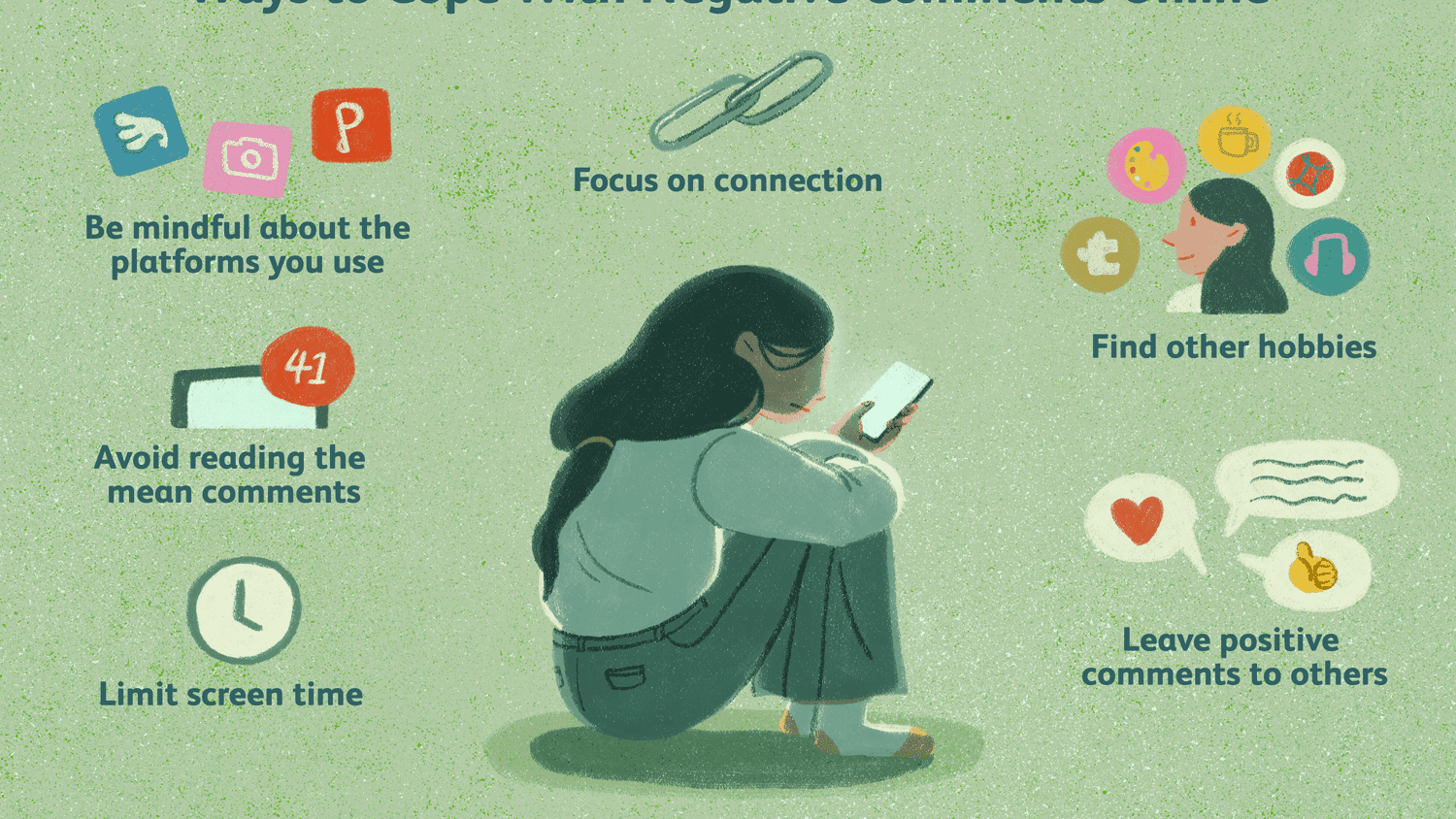
HWANGE – MNQOBI Banda sadly narrates the dangers of lack of awareness on mental health illnesses as she nods her head.
“The community is not well equipped to know this is a mental health disorder and that it can always be treated – rather they opt for the notion that it’s witchcraft,” Banda said.
For highly traditional communities, mental health is a bad omen and is often attributed to witchcraft. But the lack of correct information about the challenge has dire consequences.
Amon Mugande, a village head and traditional healer in Siachilaba, said the cultural beliefs tied to mental illnesses were isolating mental health patients.
“I get numerous consultations on people who suddenly go mad and naturally given our background as African witchcraft is suspected,” Mugande said.
“Unfortunately there is a tendency of isolating the person such that they roam the villages and eventually pose a danger to others because of the unresolved issue. We have many cases here of people who have gone crazy to the point of committing heinous crimes like murder.”
“There is also a disconcerting phenomenon of violent deaths at the hands of mentally disordered persons. The communities in which these people live have a part to play in arresting this tide.”
These were the words uttered by Bulawayo High Court Judge Justice Christopher Banda-Dube during the official opening of the first term of the Hwange circuit earlier this year.
- Chamisa under fire over US$120K donation
- Mavhunga puts DeMbare into Chibuku quarterfinals
- Pension funds bet on Cabora Bassa oilfields
- Councils defy govt fire tender directive
Keep Reading
In 2021, a total of 13 murder cases trialled in Hwange were referred for mental examination under the Section 29 of the Mental Health Act.
Mental evaluations are done in terms of Section 29 of the Mental Health Act when a person commits a crime as a result of mental disorder.
The Act requires that the accused should undergo psychological evaluation by two medical practitioners of whom one should be a government medical practitioner.
Matabeleland North police spokesperson, Inspector Glory Banda said there has been a notable increase in cases allegedly by mentally challenged persons.
“The trend is very worrisome,” Banda said.
“We encourage guardians and parents of mentally challenged persons to take necessary steps towards having their patients rehabilitated at the relevant medical institution without delays.”
While some of the offenders are known mental patients, others are only diagnosed as psychologically unstable after committing the crimes, reports show.
“I believe the increase in cases is due to untreated mental health disorders,” said Systemic Family counsellor Gamuchirai Chinamasa.
Chinamasa adds that the Covid-19 pandemic is another factor that exposed the country’s poor health system to deal with mental illnesses.
“The pandemic exposed a lot of mental health issues amongst almost everyone. The pandemic has shown how there is a need to invest in mental health care and institutions.”
Matabeleland North province does not have psychiatric hospitals, and patients have to be referred to Bulawayo’s Mlondolozi and Ingutsheni mental institutions.
Pro Youth Trust director, Mellisa Ncube said authorities must invest in awareness campaigns to ensure early diagnosis and treatment for persons suffering from any forms of mental illnesses such as depression.
“Another cause of this increase is lack of diagnosis and treatment; there are a lot of people suffering from mental health problems but have not been checked. If you are not going to get treatment then symptoms are going to manifest,” Ncube said.
- This article was originally published by The Citizen Bulletin, a non-profit news organisation that produces hard hitting hyperlocal reporting and analysis for south western region of Matabeleland.










